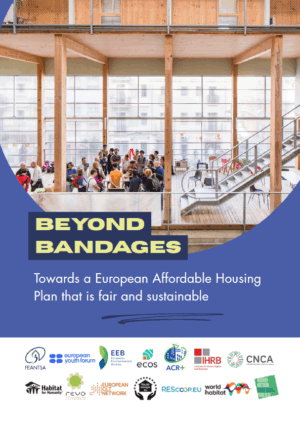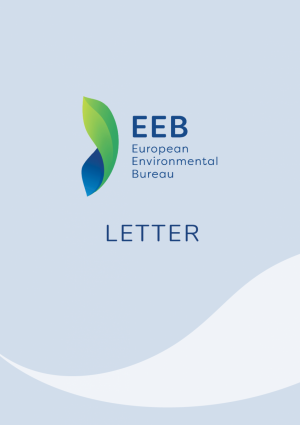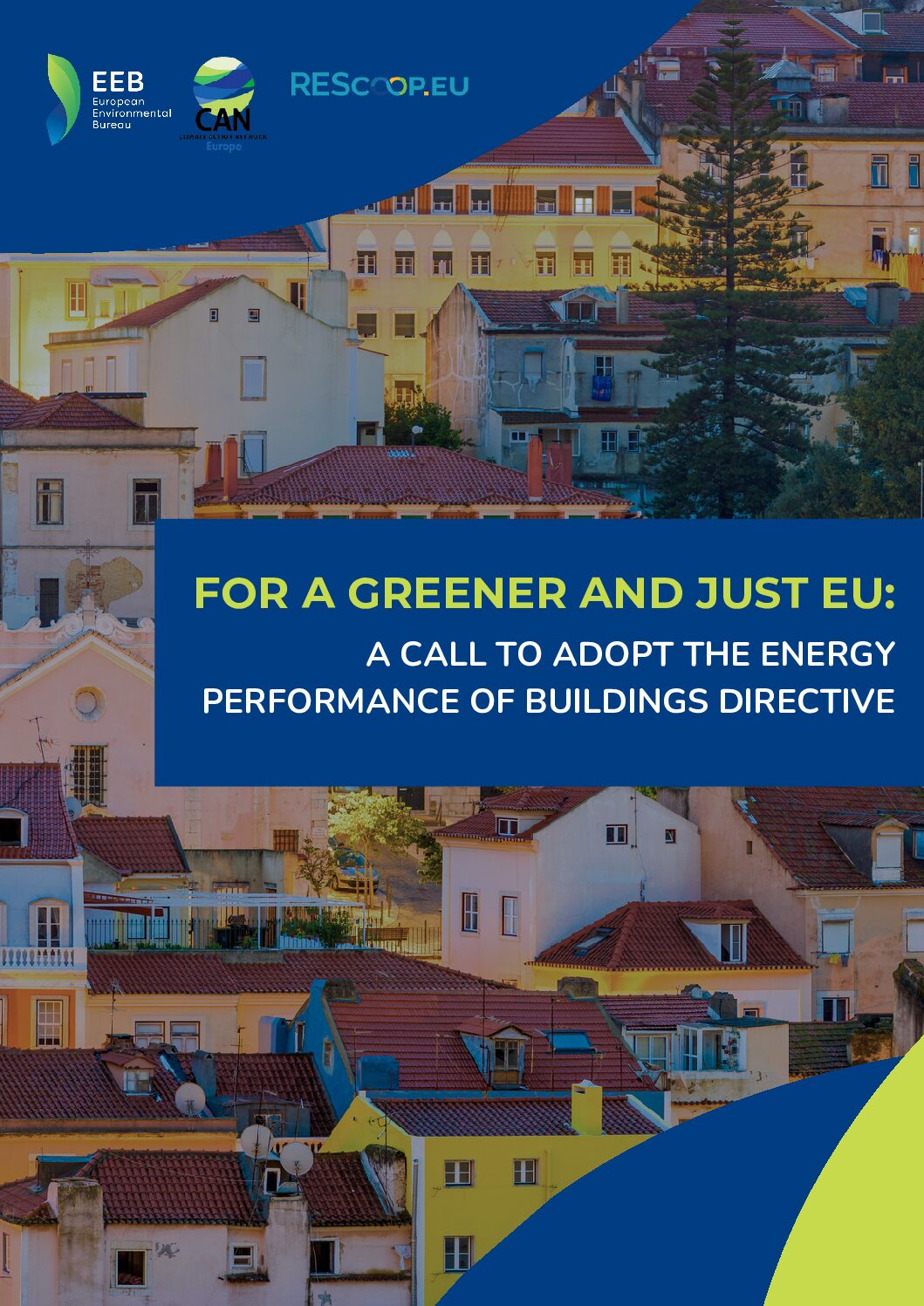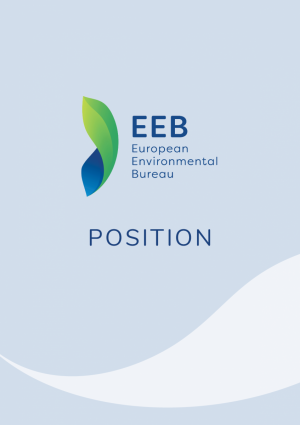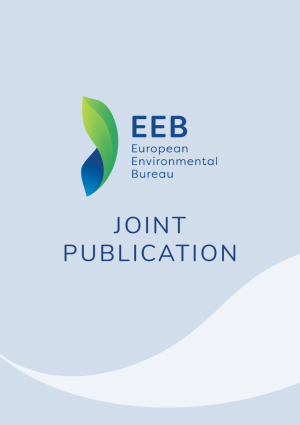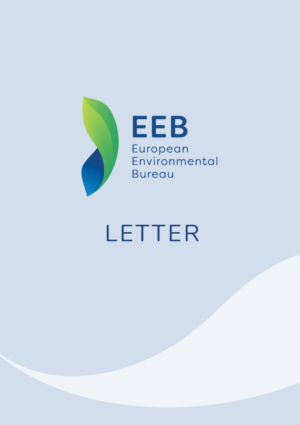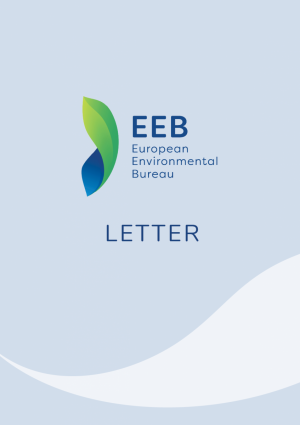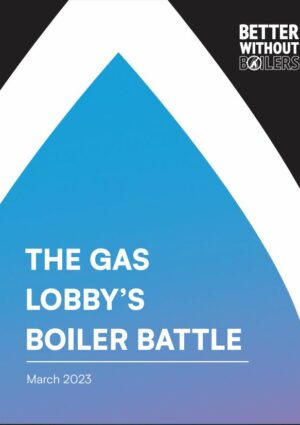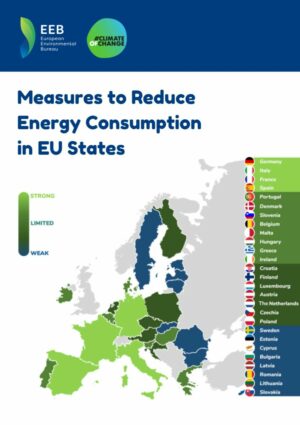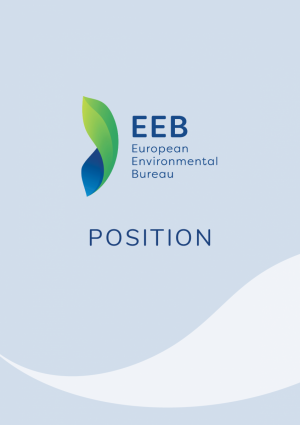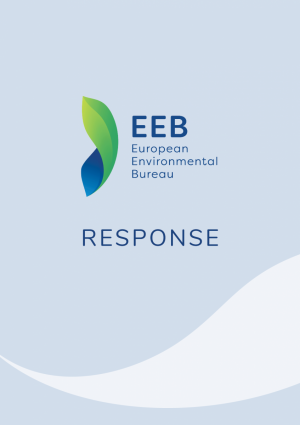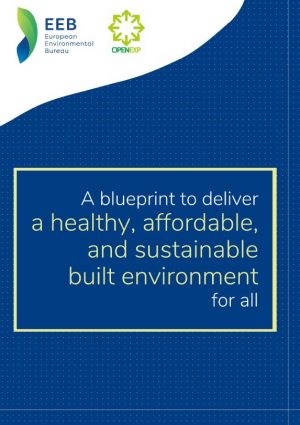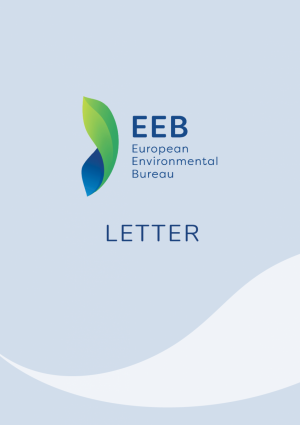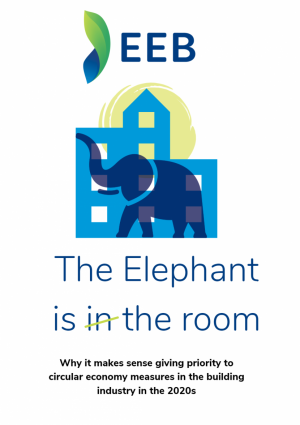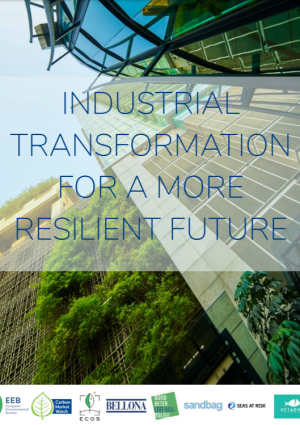Heating and cooling make up the largest share of household energy use in the EU – and are among the biggest drivers of emissions and fossil fuel dependence. At the EEB, we work on policies and solutions that help households move away from fossil fuels and climate-harming refrigerants, connecting climate action with social fairness and energy independence.
Buildings decarbonisation
Every European relies on energy to heat their homes, heat water, and increasingly, cool their living spaces. This reality comes with three major costs:
- Climate – Heating and cooling account for around one-third of EU’s greenhouse gas emissions. Most of this energy still comes from imported fossil fuels, especially gas. At the same time, leaks of fluorinated gases (F-gases) —used as refrigerants in many air conditioners and heat pumps— are a growing source of powerful greenhouse emissions, often thousands of times more potent than CO₂.
- Health – The burning of fossil fuels and biomass for heating is a major source of air pollution across Europe, responsible for deadly levels of particulate matter and nitrogen oxides. These pollutants worsen respiratory diseases and cause tens of thousands of premature deaths every year.
- Social – Energy poverty is rising, affecting even middle-class households. More than 40 million Europeans struggle to heat their homes adequately, while growing heatwaves are forcing many to seek new ways to stay cool. Every day, countless families face the impossible choice between keeping warm, staying cool, or putting food on the table.
While car ownership and lifestyles add to individual energy footprints, the fact that almost all of us live in conditioned dwellings makes heating and cooling a universal concern – and a climate and social priority.
At the European Environmental Bureau (EEB), we have long worked on heating and cooling. Decarbonising this sector is essential to tackling climate change, which continues to devastate Europe year after year through wildfires, droughts, and floods. The cost of inaction falls on public budgets, and those who suffer most are often the most vulnerable.
Our approach
- Coolproducts campaign – In partnership with ECOS, we provide research and advocacy on the economic, social, and financial feasibility of switching from fossil fuels to renewable energy, with a strong focus on tackling energy poverty. Explore our website.
- renewableheat.eu – This web tool guide users to find the clean heating solution based on their home, budget, and location. Explore the tool.
- Buildings renovation – Working with our Circular Economy team, we promote a holistic approach that integrates sufficiency, efficiency, and renewables, enabling fast and thorough decarbonisation of Europe’s building stock.
- Policy and regulation – As a founding member of the Cool Heating Coalition, we actively participate in networks to promote best practices in EU sectoral legislation, contribute to Ecodesign and Energy Labelling regulations, and advocate for a swift phase-out of fossil fuel boilers in line with the Energy Efficiency First principle.
- Coalition for Energy Savings – Together with other European partners, we help shape holistic energy efficiency approaches while advancing our proposals for decarbonising the building sector.
Climate-Friendly Refrigerants
The EEB is working with NGOs like the Environmental Investigation Agency to promote alternatives to ozone-depleting, climate-destroying, and polluting refrigerants. These gases, mainly used in heat pumps, refrigerators, freezers, and foams, account for 2.5% of EU greenhouse gas emissions and are the main source of persistent PFAS pollutants. Some have a global warming potential up to 14,000 times higher than CO₂.
Thanks to EEB advocacy, the new F-Gas Regulation 576/2024 sets a clear path to phase out fluorinated gases by 2050, promoting patent-free, climate- and nature-friendly alternatives.
On a global scale, refrigerants are not just a climate issue—they’re a climate justice issue, as demand grows in developing countries reliant on a handful of transnational corporations to supply these expensive chemicals. EEB is ensuring swift implementation of the new EU rules and pushing to align global action through the Montreal Protocol, securing safer, sustainable cooling for all.
more heat pumps needed by 2030 to meet EU targets
reduction in gas demand if targets are met
lower energy bills for households if targets are met

